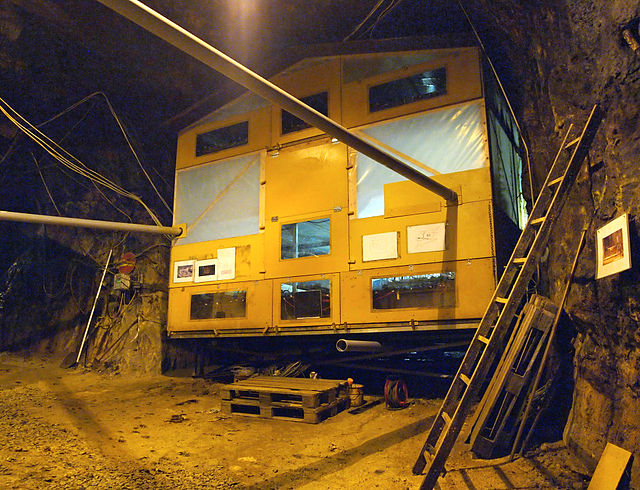A unit of measurement, or unit of measure, is a definite magnitude of a quantity, defined and adopted by convention or by law, that is used as a standard for measurement of the same kind of quantity. Any other quantity of that kind can be expressed as a multiple of the unit of measurement.
The former Weights and Measures office in Seven Sisters, London
Units of measurement, Palazzo della Ragione, Padua
An example of metrication in 1860 when Tuscany became part of modern Italy (ex. one "libbra" = 339.54 grams)
Measurement is the quantification of attributes of an object or event, which can be used to compare with other objects or events.
In other words, measurement is a process of determining how large or small a physical quantity is as compared to a basic reference quantity of the same kind.
The scope and application of measurement are dependent on the context and discipline. In natural sciences and engineering, measurements do not apply to nominal properties of objects or events, which is consistent with the guidelines of the International vocabulary of metrology published by the International Bureau of Weights and Measures. However, in other fields such as statistics as well as the social and behavioural sciences, measurements can have multiple levels, which would include nominal, ordinal, interval and ratio scales.
Four measuring devices having metric calibrations
Detail of a cubit rod in the Museo Egizio of Turin
A baby bottle that measures in three measurement systems—metric, imperial (UK), and US customary.
Measurement station C of EMMA experiment situated at the depth of 75 meters in the Pyhäsalmi Mine.







